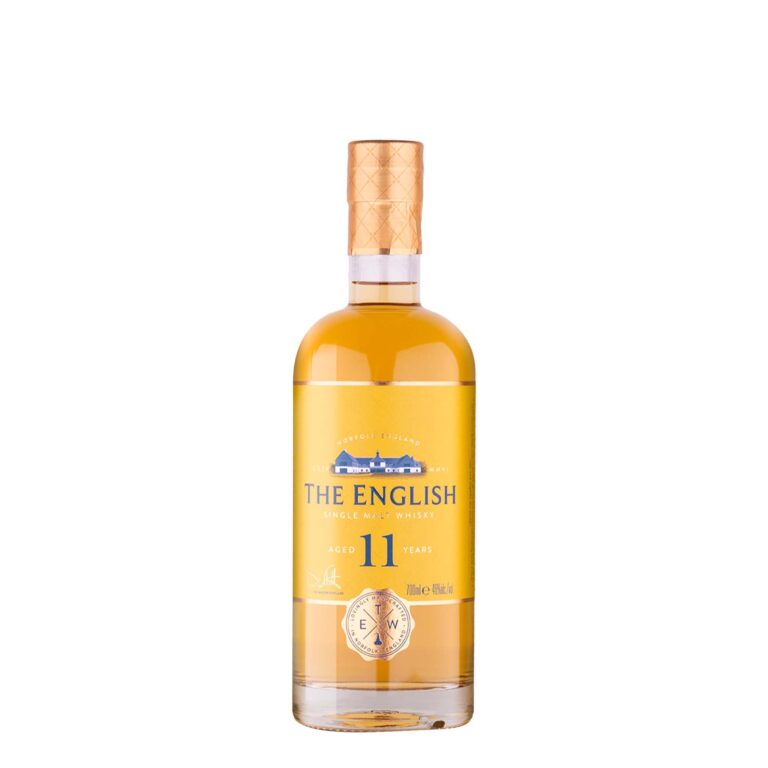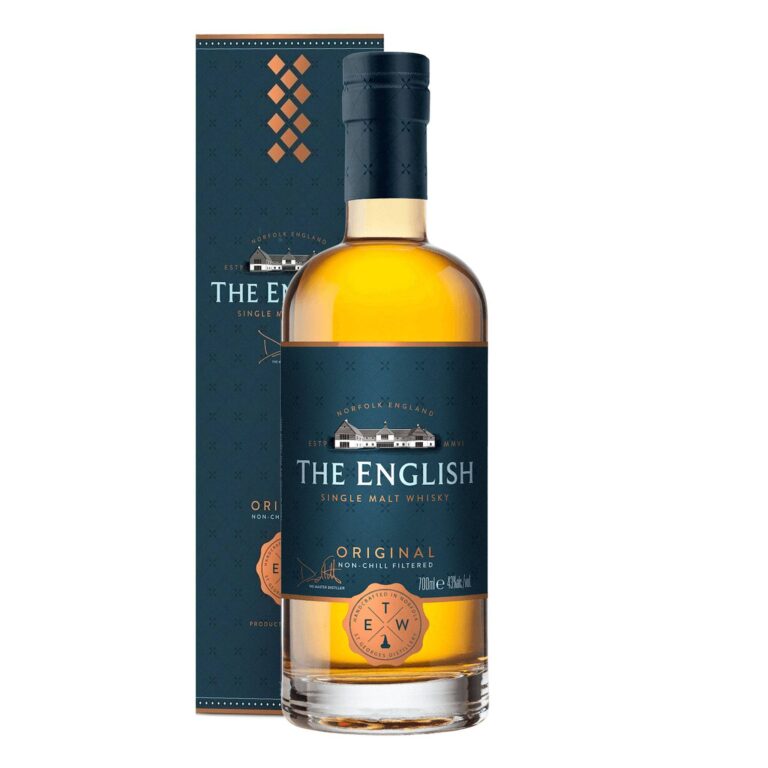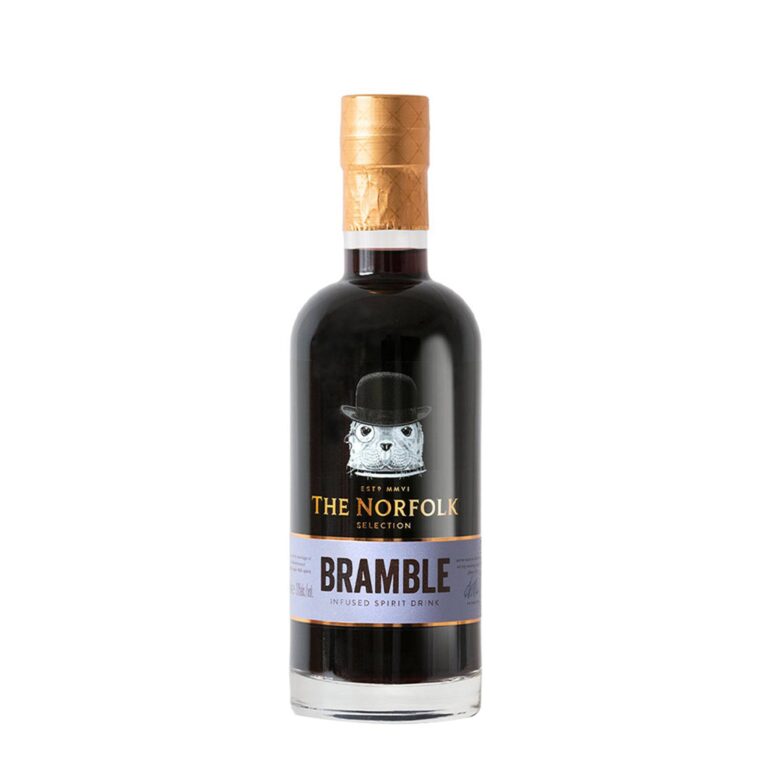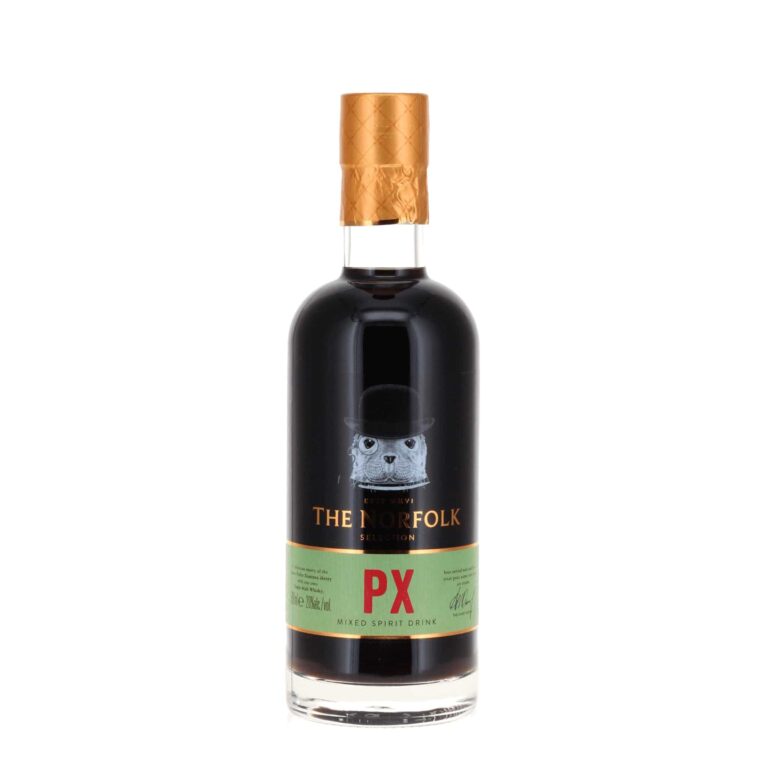English Whisky
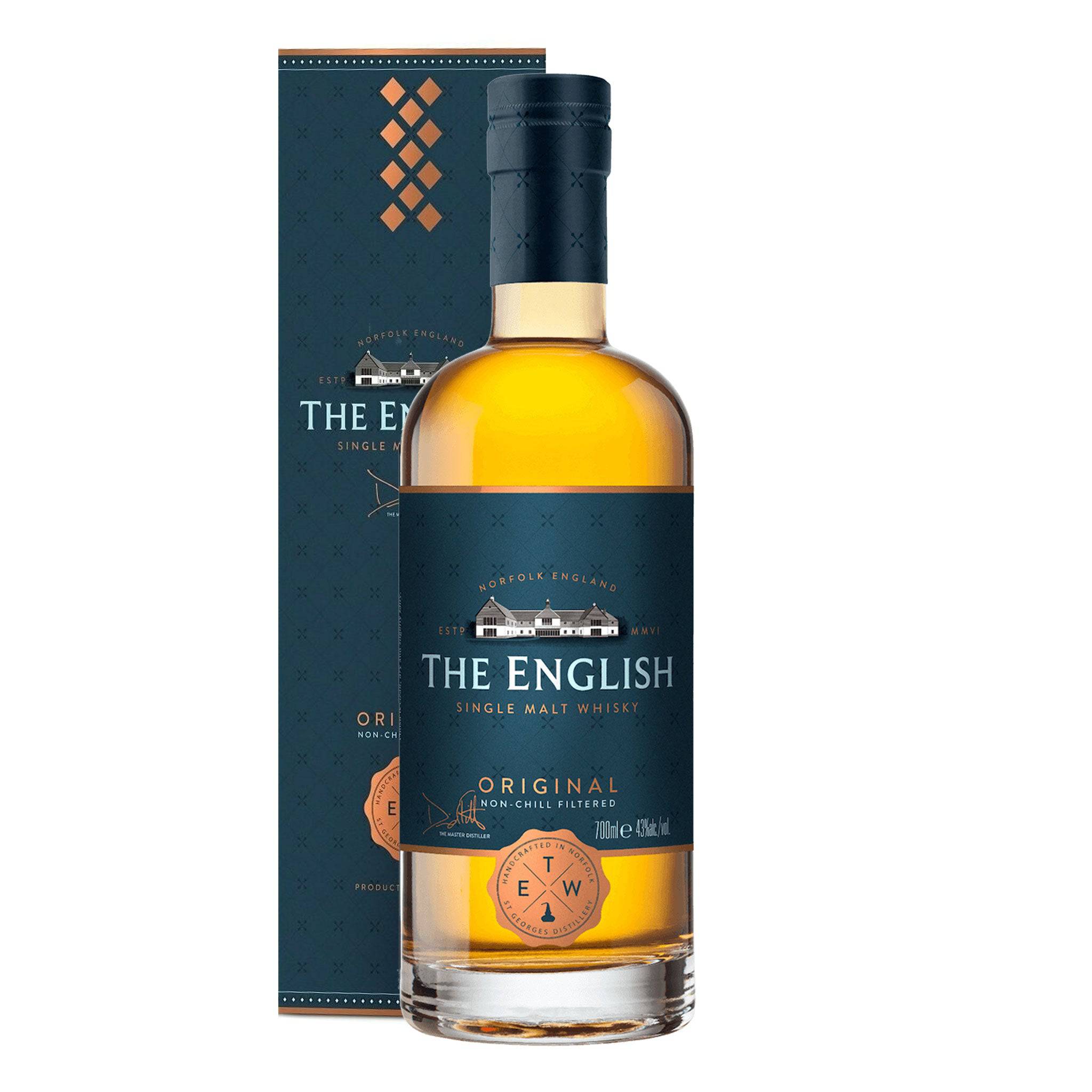
What Makes English Whisky Stand Out
English whisky has its own unique style and tale. Here are a few things that make it worth discovering (and purchasing):.
1. Freedom to Experiment.
Unlike Scotch whisky, which is tightly regulated by tradition, English distilleries have more innovative flexibility. You’ll locate whiskies matured in a glass of wine, rum, sherry, and also cider casks, creating remarkable flavors you will not locate anywhere else.
2. Local Ingredients.
Numerous English distillers source barley from regional ranches and utilize water from nearby springtimes. This not only supports regional farming but likewise includes a feeling of “terroir”– a refined local identity– to each container.
3. Sustainable and Small-Batch Production.
English whisky commonly originates from craft manufacturers that take pride in sustainability. Solar-powered stills, recycled water systems, and minimal waste production are progressively common.
4. A Fresh Take on Tradition.
While the Scots have centuries of heritage, English distillers are composing their tale now. This vibrant power displays in their bold flavor selections– an ideal draw for adventurous enthusiasts seeking to broaden their perspectives.
5. Access and Variety.
Since it’s a fairly young industry, English whisky commonly rests at a friendly cost point compared to rare Scotch containers. You can conveniently discover high-quality bottles between ₤ 40– ₤ 70, making it a great entry point for new whisky fans.
The Taste of English Whisky: What to Expect.
If you’ve tasted Scotch, consider English whisky to follow a similar flavor path. Yet many English whiskies favor a lighter, fruit-forward style, usually with notes of honey, orchard fruits, vanilla, and gentle spice.
Right here’s what you may locate throughout various distilleries:.
The English Whisky Co. (Norfolk): Fruity, clean, and traditional– terrific for beginners.
Cotswolds Distillery (Oxfordshire): Rich, malty, with beautiful tips of orange peel and spice.
Spirit of Yorkshire (Filey Bay): Coastal, slightly salty, and smooth– a nod to seaside impact.
Bimber (London): Bold, rich, and complicated– a must-try for fans of sherried Scotch.
Dartmoor Whisky (Devon): Elegant, rounded, with a gentle cereal sweetness.
Every distillery has its signature, and uncovering those subtleties is half the fun.
How to Choose the Right English Whisky.
Selecting whisky can be challenging– tags can look challenging, and flavor notes might sound more like poetry than tasting guidance. Below’s just how to simplify the process and get confidently.
1. Choose Your Drinking Style.
Ask on your own: How do I intend to appreciate it?
Neat or on the rocks: Go for a single malt or cask-strength whisky with depth and character.
In cocktails: A lighter or blended English whisky is excellent– smooth, functional, and budget-friendly.
As a present: Pick something perfectly provided with a great story behind it (Cotswolds or The Lakes are excellent choices).
2. Consider Flavor Preferences.
If you enjoy:.
Sweet and fruity: Try Cotswolds Single Malt or Filey Bay Flagship.
Rich and spicy: Go for Bimber Re-Charred Oak Cask or The Lakes Whiskymaker’s Reserve.
Light and floral: Explore The English Original or Dartmoor Distillery Bourbon Cask.
3. Establish Your Budget.
You don’t need to spend hundreds to locate quality English whisky.
₤ 40– ₤ 60: Great entry-level single malts and blends.
₤ 70– ₤ 100: Small-batch launches or cask-strength editions.
₤ 100+: Collector’s things or special surfaces.
4. Inspect the Age and ABV.
The majority of English whiskies are non-age-statement (NAS), meaning they’re younger; however, usually dynamic and full of flavor. Do not allow age to fool you– lots of 3- to five-year-old English whiskies taste remarkably fully grown thanks to small casks and warm growth conditions.
When It Comes To ABV (alcohol by volume):.
40– 46% = easy-drinking, smooth.
50%+ = cask strength, bold, best appreciated with a splash of water.
Exactly how to Store and Enjoy English Whisky.
Buying a great container is only half the experience– the other half is appreciating it properly.
1. Storage Tips.
Maintain it upright. Whisky bottles need to be stored vertically to stop the cork from absorbing alcohol.
Stay clear of sunlight. Straight light can discolor tags and alter flavor over time.
Stable temperature. A cool, completely dry cabinet is ideal– no demand for elegant storage.
2. Offering Tips.
Glassware: Use a tulip-shaped whisky glass to concentrate scents.
Water or ice? Try it neat first, after that, include a few decreases of water to open the flavors. Ice can be good for lighter whiskies; however might mute complexity.
Take your time: Let the whisky breathe momentarily or more before sipping. The aroma develops wonderfully.
3. Matching Ideas.
Cheese: Mild cheddar or blue cheese enhances the velvety, malty notes.
Desserts: Dark chocolate or fruit tarts highlight the whisky’s sweetness.
Cigars (optional): If you take pleasure in stogies, English whisky’s subtle spice makes a refined friend.
The Future of English Whisky.
English whisky isn’t just a passing trend– it’s a growing movement. In the last years, the variety of distilleries has more than tripled, with each bringing its own regional style and development.
Anticipate seeing even more organic whiskies, experimental grains, and lasting production approaches in the coming years. As distilleries grow, so will certainly their stock– suggesting older, rarer English whiskies will soon enter the marketplace. For purchasers today, that makes these early releases both delightful and collectible.
If you’ve ever thought about purchasing English whisky, now is the moment.
FAQs About Buying English Whisky.
1. Is English whisky the same as Scotch?
No. While both use similar ingredients and methods, English whisky often tends to be extra experimental. It’s frequently fruitier and much less smoky than Scotch, with a concentrate on one-of-a-kind cask surfaces and local ingredients.
2. How long is English whisky aged?
By regulation, it must be matured for at least three years. However, several distilleries use smaller-sized casks and warmer environments, which help their whisky develop rich flavors in a much shorter time.
3. Where can I purchase English whisky online?
Relied on UK retailers include The Whisky Exchange, Master of Malt, and The English Whisky Co.’s very own online shop. Many distilleries likewise sell straight from their sites, often using exclusive versions.
4. Is English whisky good for beginners?
Absolutely. English whisky is commonly smoother and lighter than greatly peated Scotch, making it more friendly for brand-new enthusiasts. The Cotswolds Single Malt or Filey Bay Flagship are perfect introductions.
5. What’s the very best English whisky for a gift?
For a crowd-pleaser, choose Cotswolds Single Malt– it’s well-balanced, magnificently packaged, and offered across the country. For something more unique, The Lakes Whiskymaker’s Reserve makes an elegant, premium gift.
Last Thoughts: Why You Should Try (and Buy) English Whisky.
English whisky represents something uncommon in the contemporary drinks globe– a mix of tradition and advancement, made by passionate craftspeople who are redefining what whisky can be.
If you’ve only ever before grabbed Scotch or Irish bourbon, exploring England’s offerings is like discovering a brand-new phase in an old story. You’ll discover familiar notes of malt and oak, yet also surprises: citrus brightness, velvety vanilla, seaside freshness, and also experimental wine-cask coatings that push borders.
Acquiring a bottle of English whisky isn’t nearly what’s in your glass. It’s regarding sustaining a domestic industry, accepting discovery, and enjoying a spirit still creating its background.
So next time you’re browsing for a brand-new bottle– whether online or on the high street– skip the usual suspects and pick up an English whisky. Pour a dram, take a sip, and taste the future of British whisky-making.

